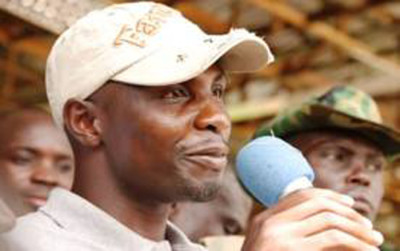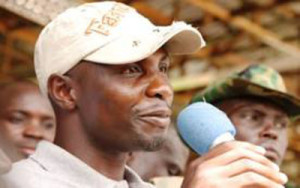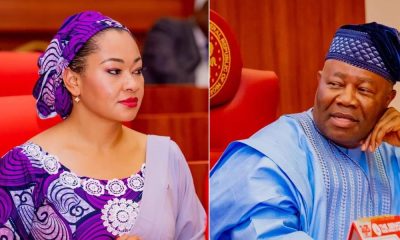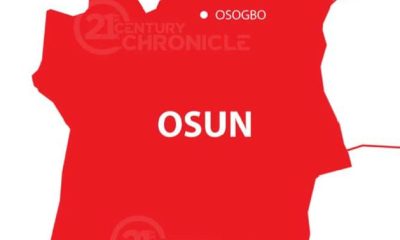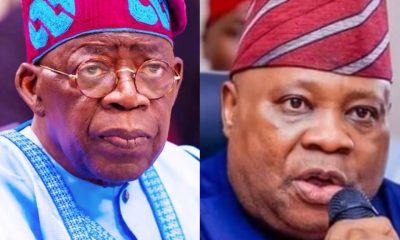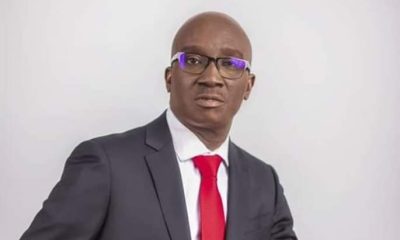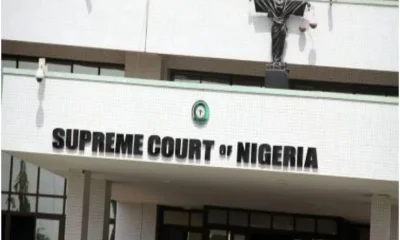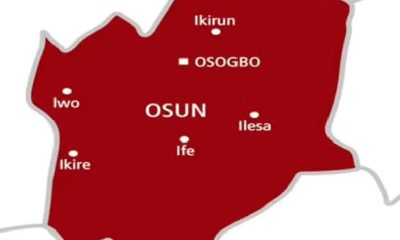Lawyers representing a former Niger Delta militant leader, Government Ekpemupolo (aka) Tompolo, on Wednesday February 24, 2016 said they are not required to produce their client in court.
Tayo Oyetibo (SAN) and Ebun-Olu Adegboruwa said it is not a defence counsel’s duty to produce an accused in court for arraignment, but the prosecution’s obligation.
They referred to Paragraph 3 (b) of the Federal High Court Practice Direction 2013 which provides: “On the date of first arraignment, the prosecutor must produce the accused person in court.”
Oyetibo and Adegboruwa, who filed an appeal on Tompolo’s behalf, were reacting to calls that they should produce their client in court or be disciplined by the Bar.
It was suggested that since the lawyers are apparently in touch with Tompolo, who was declared wanted, they owe Nigeria a duty to produce him.
But, the lawyers said Tompolo is entitled to appeal any order made against him, adding that in several instances, courts have quashed charges without an accused being present.
According to them, in the case of Fawehinmi vs Attorney-General of Lagos State (1989), the Court of Appeal held that accused persons were entitled in law to take their objection to the charge irrespective of the fact that they were not physically present in court.
“Thus, judges look at the facts of a case and the applicable law, but not sentiments, in deciding cases that come before them.
“In Ezeugo vs Ohanvere (1978) 6-7 Sc 171, Justice Obaseki of the Supreme Court said: “sentiments command no place in judicial deliberations, for if it did, our task would be infinitely more difficult and less beneficial to the society.’
The lawyers said the notion that their colleagues who defend persons accused of corruption are aiding graft is misconceived.
“May the day never come in Nigeria when lawyers would be afraid to take up the defence of persons accused of crime simply because of media backlash or editorial opinions,” they stated.

